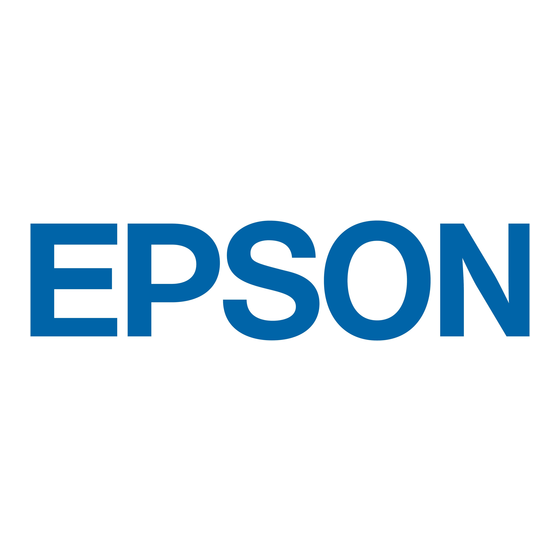Printing Without a Computer
Your Epson Stylus Photo R320 printer can print photos
stored:
On a memory card
In a digital camera
On a USB data storage device, such as a CD-R drive,
thumb drive, or an Iomega
On a Bluetooth
-enabled device with the optional
®
Bluetooth Photo Print adapter
However your photos are stored, make sure the image files
meet these requirements:
JPEG files or uncompressed Tiff files only
The file storage device complies with DCF (Design rule for
Camera File systems) Version 1.0
Resolutions ranging from 160 × 160 to 4600 × 4600 pixels
No more than 999 images (although you may have
additional images on your card or storage device, the printer
can read only the first 999)
Inserting a Memory Card
Your printer works with many types of memory cards. Follow
these guidelines to insert your memory card:
1. Make sure the printer is turned on, open the memory card
cover, then insert the memory card into the appropriate
slot, as shown:
CompactFlash
Memory Stick,
or Microdrive
SD (Secure Digital), or
(left)
MMC (MultiMediaCard)
2. Close the memory card door.
After a moment, the printer reads and counts the number of
images on your card. When it's done, your images are
available for preview and printing.
Note: Insert just one card at a time. The printer can't read multiple
cards at once.
Zip
drive
®
®
SmartMedia
xD Picture Card
(right)
(middle)
Removing a Memory Card
When you're finished printing from a memory card, make
sure the light below the card slot is not flashing before you
remove it.
Caution: Do not eject a card while the processing light is flashing, or
you may lose data on the card.
To remove a card, pull the card straight out of the slot.
Connecting a Digital Camera or External
Storage Device
If you have one of the following devices, you can connect it
directly to your printer using a USB cable:
Digital camera with PictBridge or USB DP (Direct Print)
support
USB CD/DVD burners and drives
(see http://support.epson.com for a list of compatible
drives); USB 2.0 (high-speed) drives are recommended
100 or 250MB Iomega Zip drive, AC or USB powered
Memory cards with a commercially available USB adapter
(such as the MicroTech ZiO!
MO (Magneto-Optical) drives
Note: If you're not sure about your camera or drive, you can try
connecting it. If it's not compatible, you'll see a screen saying that the
connected device cannot be used. Epson cannot guarantee the
compatibility of any cameras or drives.
Caution: If you are using a Zip disk, it must be formatted as a FAT16
disk. Also, if you insert a Macintosh disk into a Zip drive attached to
the printer, it automatically formats it, so be sure to use a disk that is
empty or not formatted, or one containing data you don't mind losing.
(You will be prompted before any data is erased.)
Tip: When you connect a CD drive, you may also be able to print
photos from Picture CDs that you get from your photo lab.
When you connect a digital camera or storage device, the
printer treats it like a memory card.
or
7/04
Epson Stylus Photo R320
).
™
Epson Stylus Photo R320
5
-

